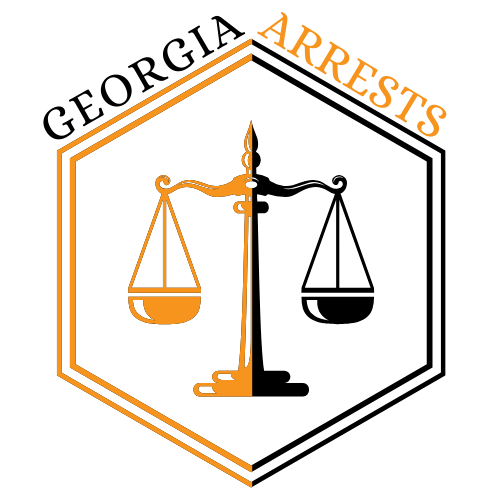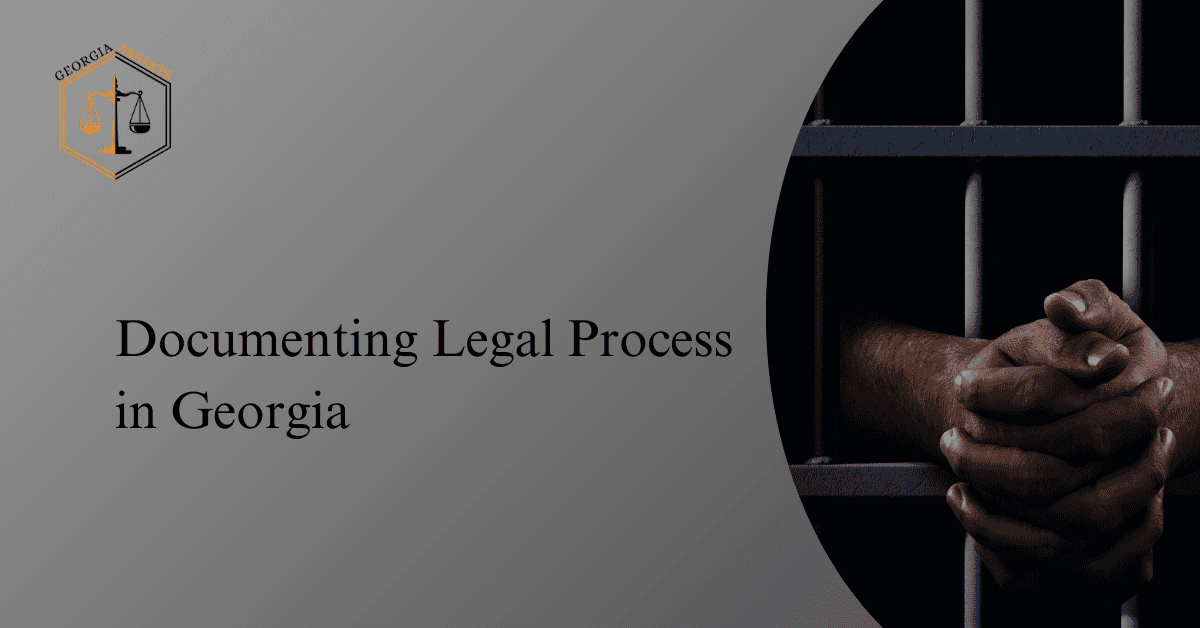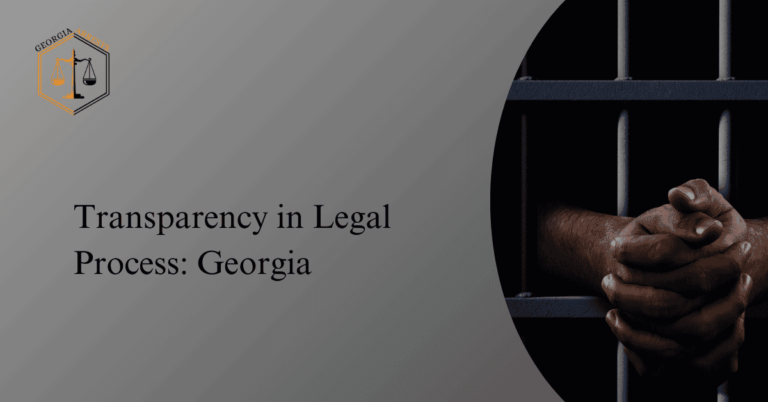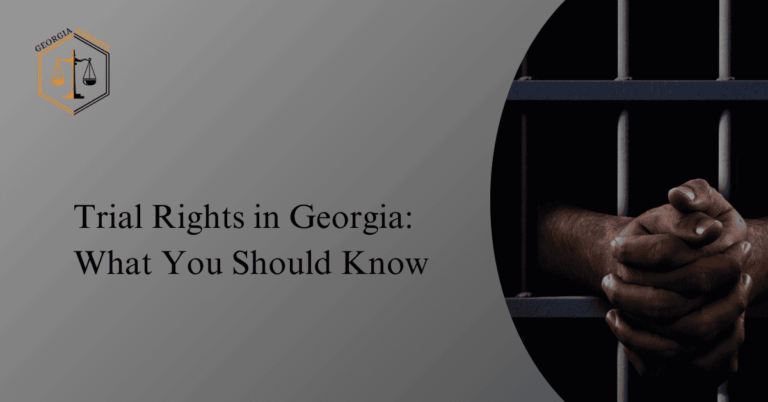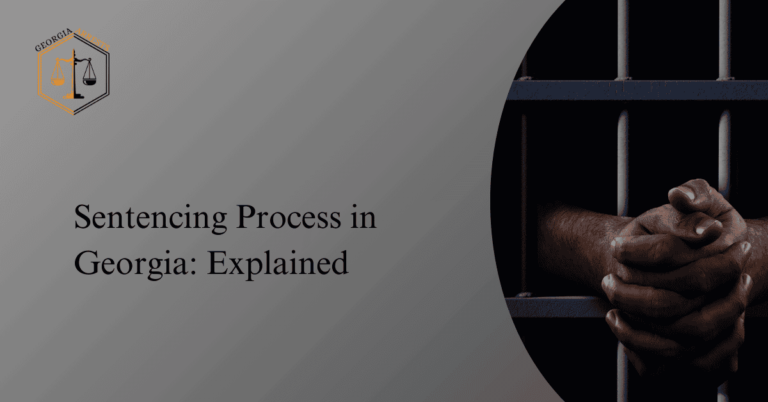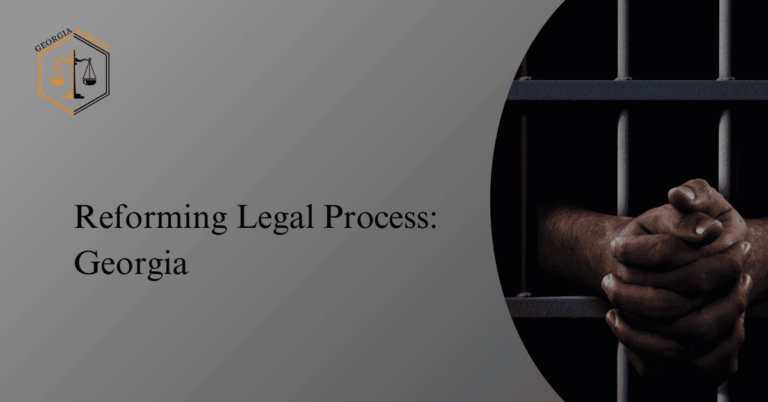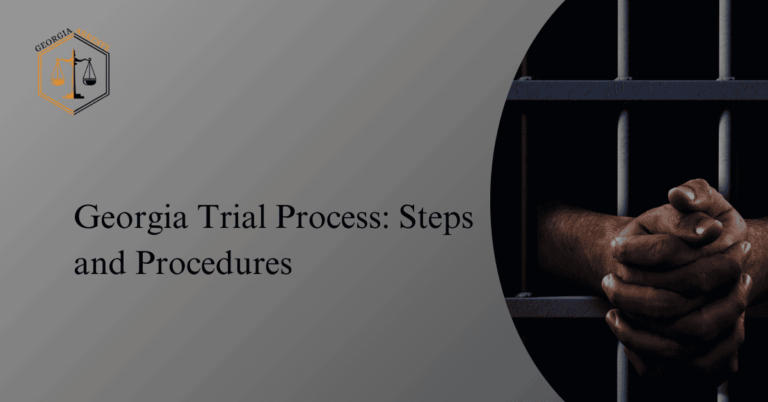Documenting Legal Process in Georgia
Georgia’s legal process is a complex and intricate system that plays a crucial role in maintaining order and justice within the state. From civil to criminal cases, the documentation of legal procedures is essential for ensuring transparency and accountability. Understanding the ins and outs of documenting legal processes in Georgia is vital for lawyers, judges, and even the general public to navigate the legal system effectively.
Whether it’s filing court documents, recording witness testimonies, or keeping track of important deadlines, documenting legal processes in Georgia requires attention to detail and adherence to specific guidelines. By delving into the nuances of legal documentation in Georgia, individuals can gain a deeper understanding of the legal system and how it operates in their community.
Overview of Legal Process in Georgia
Georgia has a well-defined legal process that individuals and businesses must follow when dealing with legal matters. Understanding the legal procedures in Georgia is crucial to ensure a fair and just outcome.
Importance of Documenting Legal Procedures
Documenting legal procedures is essential in Georgia to provide a clear record of events and actions taken during a legal process. Proper documentation helps in maintaining transparency and accountability.
Types of Legal Documentation Required
In Georgia, various types of legal documentation are required depending on the nature of the legal process. This includes contracts, court filings, affidavits, and other legal documents that serve as evidence in legal proceedings.
Role of Lawyers in Documenting Legal Processes
Lawyers play a crucial role in documenting legal processes in Georgia. They are responsible for drafting legal documents, ensuring their accuracy, and representing clients in court proceedings. Lawyers use their expertise to navigate the complex legal system and document legal processes effectively.
Responsibilities of Judges in Legal Documentation
Judges in Georgia have the responsibility of overseeing legal documentation to ensure compliance with the law. Judges review and analyze legal documents submitted by parties involved in a legal process to make informed decisions and rulings.
Challenges and Solutions in Legal Documentation
Challenges in legal documentation in Georgia include issues such as incomplete or inaccurate information, lack of understanding of legal requirements, and time constraints. Solutions to these challenges involve proper training, attention to detail, and utilizing resources for accurate documentation.
Impact of Accurate Legal Documentation on Cases
Accurate legal documentation has a significant impact on the outcome of legal cases in Georgia. Well-documented legal processes provide a solid foundation for arguments, support claims, and help in resolving disputes effectively.
Training and Education for Effective Legal Documentation
Training and education are essential for individuals involved in legal processes in Georgia to understand the importance of effective legal documentation. Proper training equips individuals with the necessary skills to document legal procedures accurately and efficiently.
Resources for Proper Legal Documentation in Georgia
Georgia offers a wide range of resources for individuals and businesses to ensure proper legal documentation. These resources include legal libraries, online databases, legal forms, and professional services that aid in documenting legal processes effectively.
Frequently Asked Questions
Explore the answers to commonly asked questions regarding the Documenting Legal Process in Georgia.
What is the legal process for documenting agreements in Georgia?
In Georgia, the legal process for documenting agreements typically involves drafting a written contract that outlines the terms and conditions agreed upon by all parties involved. This contract should be detailed, clear, and signed by all parties to ensure its validity and enforceability.
How can I ensure that my legal documents are valid in Georgia?
To ensure the validity of your legal documents in Georgia, it is crucial to follow the state’s laws and regulations regarding documentation. This includes ensuring that all parties involved are of legal age, sound mind, and not under duress when signing the documents. Additionally, it is recommended to seek legal advice or assistance to ensure compliance with all legal requirements.
What are the common challenges faced when documenting legal processes in Georgia?
Some common challenges faced when documenting legal processes in Georgia include interpreting complex legal language, understanding the specific requirements of the state’s laws, and ensuring that all necessary information is included in the documentation. It is essential to address these challenges proactively to avoid any issues or disputes in the future.
Can I use templates for documenting legal processes in Georgia?
While using templates for documenting legal processes in Georgia can be convenient, it is essential to customize these templates to suit the specific requirements of your agreement. Templates can provide a starting point, but it is crucial to review and modify them as needed to ensure that all legal aspects are adequately addressed.
What to do for legal issues with Georgia agreements?
If you encounter legal issues with your documented agreements in Georgia, it is recommended to seek legal advice from a qualified attorney. An attorney can help you navigate the legal process, understand your rights and obligations, and provide guidance on how to resolve the issues effectively.
